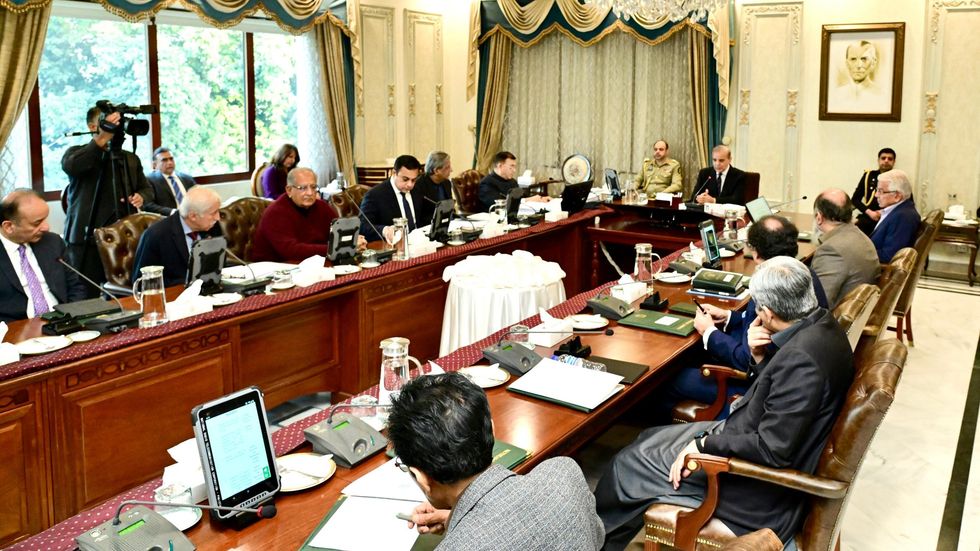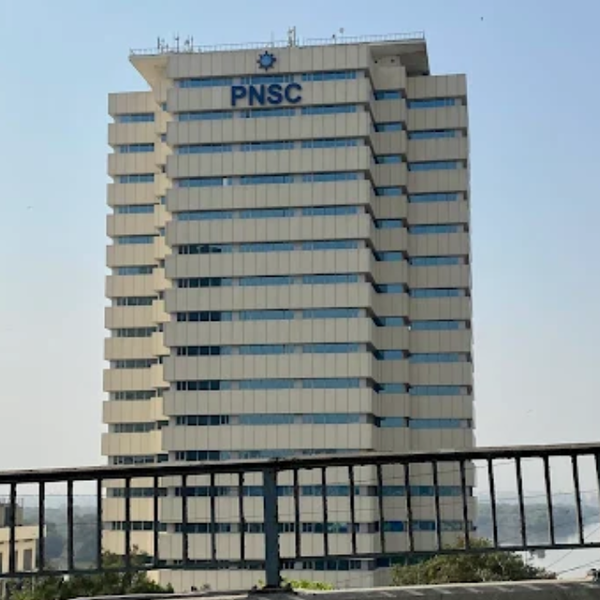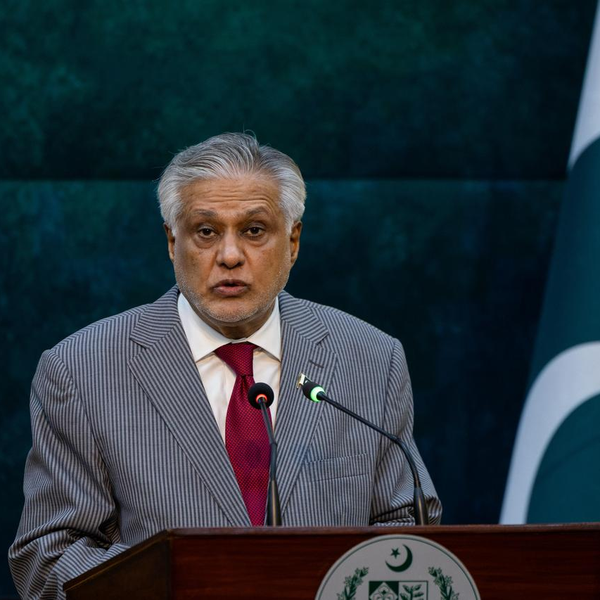Pakistan to challenge Supreme Court’s ban on ‘Ajinomoto’
Cabinet backs review of SC’s MSG ban reversal; expert panel confirms ‘Chinese salt’ safe for human consumption
News Desk
The News Desk provides timely and factual coverage of national and international events, with an emphasis on accuracy and clarity.

In 2018, the Supreme Court of Pakistan had banned the sale, import, and export of MSG nationwide, citing its "hazardous effects on health".
Shutterstock
Pakistan’s Federal Cabinet, chaired by Prime Minister Shehbaz Sharif, has decided to file a review petition against the Supreme Court’s decision to ban 'Chinese salt' (monosodium glutamate), commonly known as Ajinomoto.
The move came during a meeting at the Prime Minister’s House on Monday, following recommendations from the Ministry of Commerce.
In March 2018, the Supreme Court banned the nationwide sale, import, and export of MSG, citing its "hazardous effects on health". The Punjab government imposed the ban in January, followed by Sindh and Khyber Pakhtunkhwa in February.
A special committee of experts, formed at the direction of the Prime Minister’s Office, recently reviewed MSG’s effects on human health. In its findings, the committee declared MSG safe for consumption.
The panel included representatives from leading institutions such as the Pakistan Scientific and Industrial Research Organization, National Agriculture Research Centre, National University of Sciences and Technology, Institute of Food and Nutritional Sciences, and others.
Other approvals by cabinet
The meeting also addressed several other important matters.
The Cabinet approved renewing Memorandums of Understanding (MoUs) for Pakistan Chairs at international institutions, including the University of Cambridge, University of Oxford, University of Jordan, Peking University in China, and the University of Heidelberg in Germany.

Nominations were approved for Dr. Habib-ur-Rehman and Dr. Kamran Ansari as subject experts for the Board of Governors at the Centre of Excellence, University of Engineering and Technology, Lahore.
Similarly, Dr. Mumtaz Muhammad Shah and Dr. Muhammad Ahmed Farooqi were appointed to the Board of Governors at the Centre of Excellence in Mineralogy, University of Balochistan, Quetta.
The Cabinet gave the green light to establish the Islamabad Central Business District Development Authority, aiming to boost economic development in the capital.
The National Prevention of Violent Extremism Policy 2024 was approved as part of efforts to combat radicalization and promote social harmony.
In response to orders from the Sindh and Balochistan High Courts, jurisdiction changes were approved for Special Courts in Karachi, Quetta, and Khuzdar.
Additional Sessions Judges and relevant courts were authorized to handle cases under the Lawyers Welfare and Protection Act 2023, as per recommendations from the Ministry of Law and directives from various high courts.






Comments
See what people are discussing